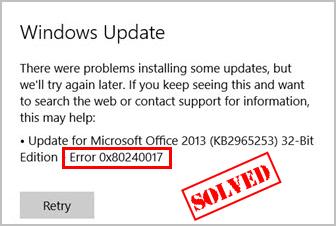
The 0x80240017 error is a common Windows Update error which happens when you’re downloading or installing your Windows updates and indicates the Windows update failed. It’s generally caused by system files corruption or driver issues. But don’t worry. You can try the solutions below to fix this problem easily.
Try these fixes
Here are the solutions that have helped other Windows users resolve error 0x80240017. You don’t need to try them all; just work your way down the list until everything’s working again.
- Run Windows Update Troubleshooter
- Reset Windows Update Components
- Repair corrupted system files
- Update available drivers
Fix 1: Run Windows Update Troubleshooter
Windows Update Troubleshooter is a helpful tool built in Windows system, and you can use it to scan and fix the Windows Update error 0x80240017.
Here’s what you can do:
- Type Troubleshoot in the search box on your desktop, and click Troubleshoot.
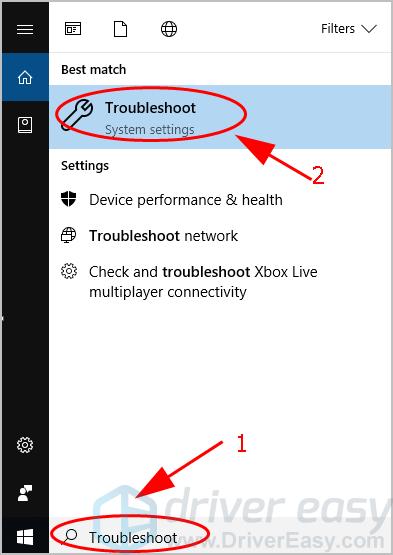
- Click Troubleshoot on the left. Click Windows Update > Run the troubleshooter.
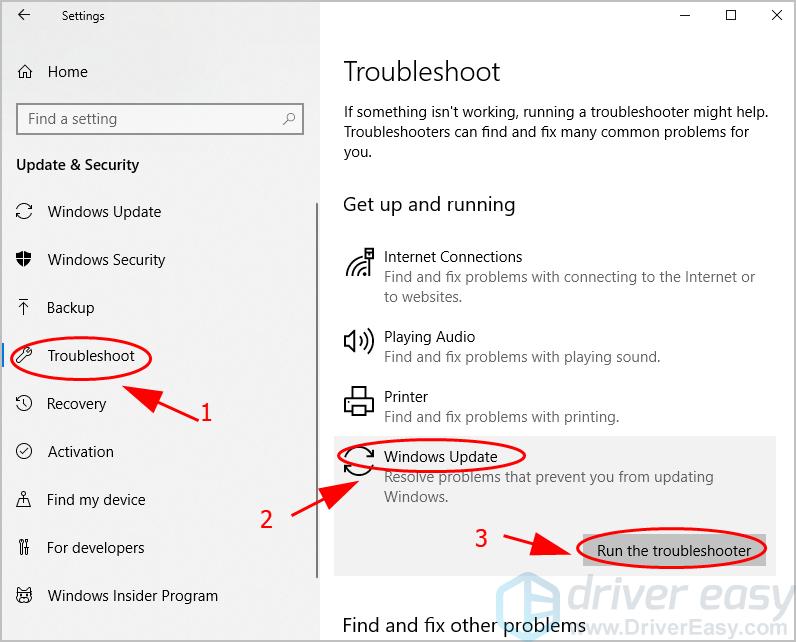
- Windows will start detecting problems, which will take several minutes. Once done, follow the on-screen instructions to complete the process.
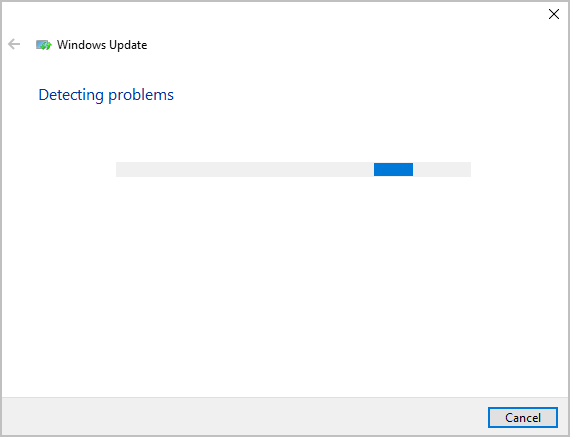
- Restart your computer and try Windows Update again to see if it works.
If the Windows Update error persists, move on to the second method.
Fix 2: Reset Windows Update Components
Windows Update components ensure Windows Update runs properly and the updates can be installed successfully in your computer. If there’s anything wrong during the process, you can try resetting Windows Update components and see how it works.
- Type cmd in the search box on your desktop, right click on Command Prompt and select Run as administrator.
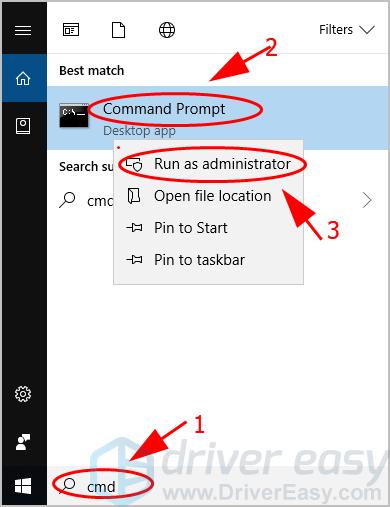
- Copy and paste the following commands one by one in Command Prompt, and press Enter on your keyboard.
net stop wuauserv
net stop cryptSvc
net stop bits
net stop msiserver
ren C:\Windows\SoftwareDistribution SoftwareDistribution.old
ren C:\Windows\System32\catroot2 catroot2.old
net start wuauserv
net start cryptSvc
net start bits
net start msiserver
pause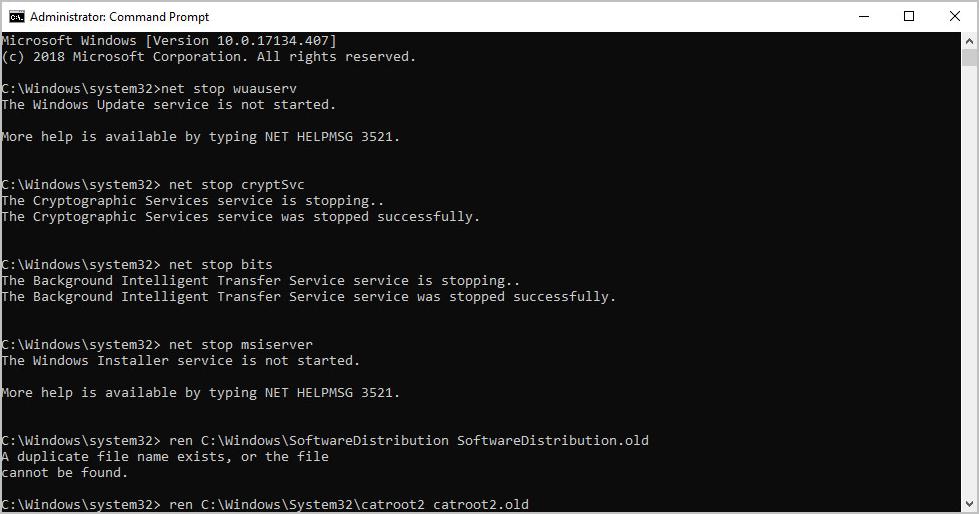
- Wait for the commands to complete, and exit Command Prompt.
- Open Windows Update and see if it works properly.
If your issue still persists, don’t worry, There is something else to try.
Fix 3: Repair corrupted system files
Missing or corrupted system files can also trigger the Windows Update error 0x80240017. To detect and fix them, you may need to perform an in-depth PC scan.
System File Checker (SFC) is a Windows built-in tool to identify and repair corrupted system files. But note that checking and restoring system files in this way might take some time and computer skills, and you may risk your personal data.
- Type cmd in the search box on your desktop, right click on Command Prompt and select Run as administrator.

- Type the following command and press Enter.
sfc /scannow
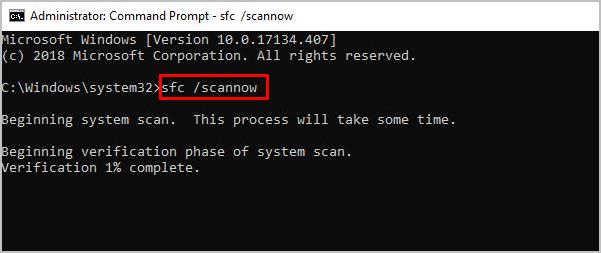
- Once the process is 100% complete, exit Command Prompt and restart your computer.
Try to update Windows again and see if it fixes your error 0x80240017. Still no luck? There’s one more thing to try.
Fix 4: Update available drivers
To ensure your computer operates without problems, you should keep your devices drivers up to date. And here are two ways for you to update drivers: manually and automatically.
Manually update your driver – You can go to the manufacturer’s website of your devices, find the latest driver that’s compatible with your Windows operating system, and download it. Once done, open the downloaded file and follow the instruction to install it to your computer.
Automatically update your driver (recommended) – If you don’t have time or patience, you can do it automatically with Driver Easy.
Driver Easy will automatically recognize your system and find the correct drivers for it. You don’t need to know exactly what system your computer is running, you don’t need to risk downloading and installing the wrong driver, and you don’t need to worry about making a mistake when installing.
You can update your drivers automatically with either the FREE or the Pro version of Driver Easy. But with the Pro version it takes just 2 clicks (and you get full support and a 30-day money back guarantee):
- Download and install Driver Easy.
- Run Driver Easy and click Scan Now. Then Driver Easy will scan your computer and detect any problem drivers.
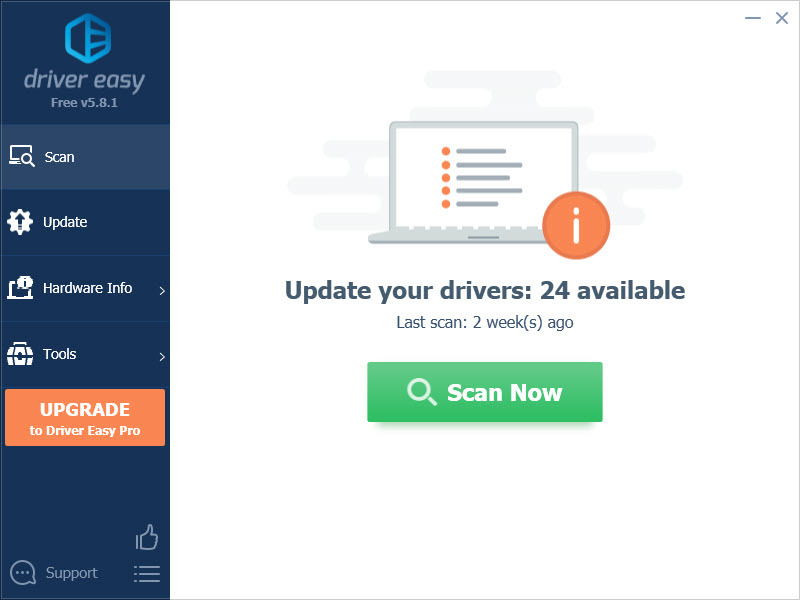
- Click the Update button next to the flagged device(s) to automatically download the driver (you can do that with the FREE version), then install it in your computer.
Or click Update All to automatically download and install all the correct drivers for problem drivers (you can do this with the Pro version, and you’ll be prompted to upgrade when your click Update All).
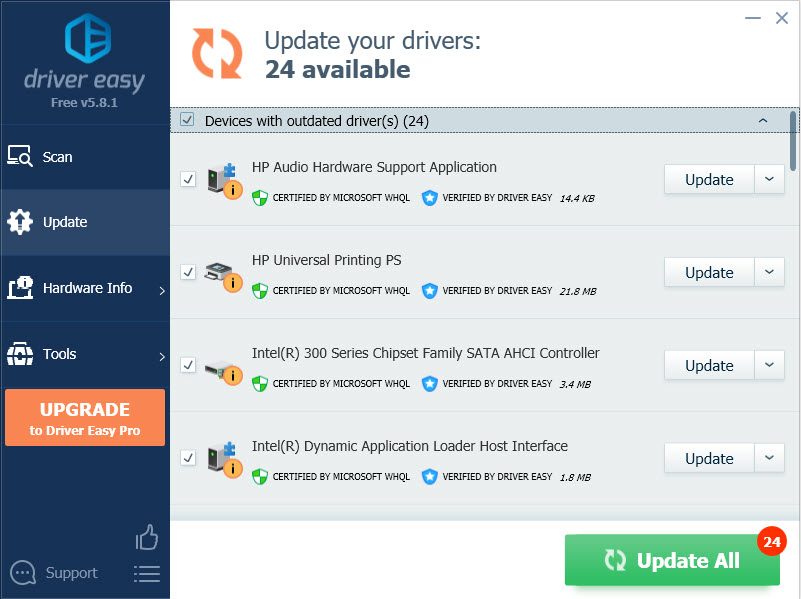
- Restart your computer to take effect.
Open Windows Update to download and install updates and it should working now.
So there you have it – Hope this post helps in resolving your Windows Update error 0x80240017. If you have any questions or suggestions, feel free to leave a comment below.





